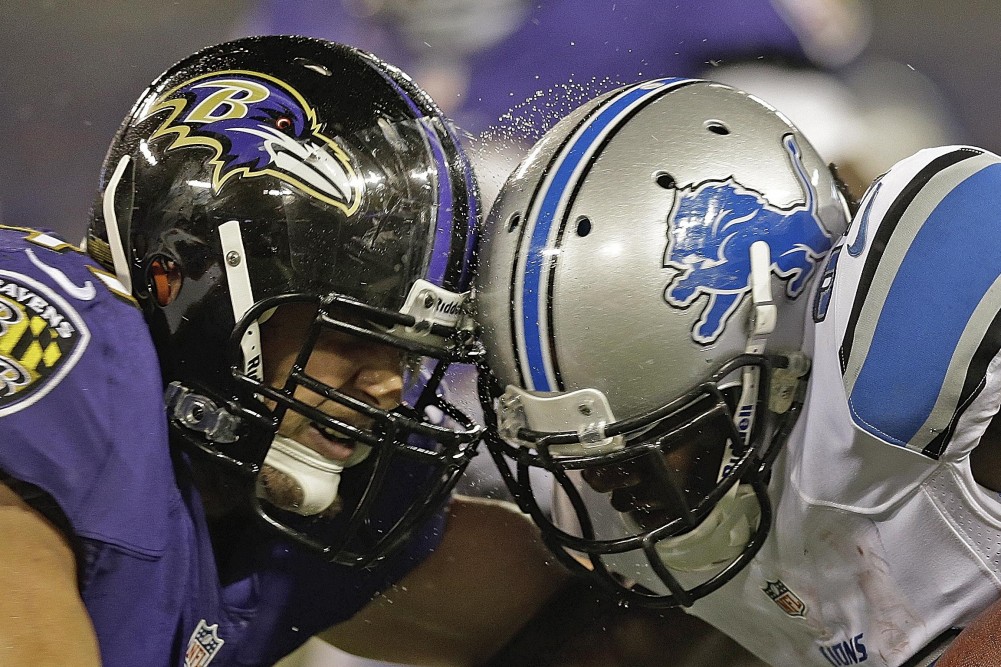
Recent polls indicate that America’s favorite sport is now football instead of baseball. It’s not hard to see a connection between this trend and the changed nature of American life in the 21st century.
Baseball, of course, is a 19th century game, developed during slower times of less technology. And baseball, it must be conceded, is a slow game, often taking three-and-one-half to four hours; unlike most other sports, baseball has no time limits. In a society ruled by the clock, a time-limit-free game is an anomaly.
Football, on the other hand, is tightly time-bound. Players are not only up against each other, but also up against the clock. In this sense, football syncs up with our 21st century style of business where efficiency and speed are paramount. The pastoral, slow-paced quality of baseball is why for so many years it was called “America’s Pastime”; life felt more relaxed, with lazy summer afternoons and little reason to hurry. No wonder baseball’s allure is fading – everyone is now “crazy busy.”
In his inimitable style, comedian George Carlin contrasted football and baseball years ago, pointing out the meaningful differences of vocabulary used in each game. It was clear to him that football was framed in the language of war, baseball in the language of play. Both are competitive sports, of course, but baseball is a sport of finesse-based successive player-to-player moments while football is a group-explosion of sudden tactical chaos. And, it must be added, football is very violent.
Today’s football players are hugely muscled and physically developed men, often weighing 250 to 300 pounds. Rigorously trained for strength and stamina, every player on the field is likely to end up in violent physical situations at some point, even the kickers. For some, each “down” is a violent exercise of bodies clashing and slamming into each other, often moving at full speed. It’s no wonder that the NFL now admits that over 30% of their players will suffer serious brain damage resulting in dementia, emotional or neural difficulties manifesting earlier than in the general population.
Yet football is not even the most severe head-banging competition. Of increasing popularity is extreme fighting, mixed marshal-arts boxing (MMA) that has more in common with gladiatorial combat than sport. Once again, the bodies are taught, muscled and trained for punishment. Swift, and nearly rule-less matches are decided by intentional blows to the head intended to drop opponents into instant stupor or unconsciousness. Bloody and brutal, MMA makes traditional boxing, once nearly banned for its brain-jarring effects (take a look at Muhammed Ali) seem like a genteel sport-of-old.
Perhaps it’s the nature of contemporary entertainment, the effects of stress-based economic life, daily anxiety fueled by global communications, too-rapid cultural and social change or a combination of all these and more, but something about professional sports has changed.
As America faces the prospect of perpetual war fighting terrorists halfway across the globe in a near-frantic effort to keep them from our shores, it seems somehow logical that our most popular sports are getting more violent, but how many of us would want our children and grandchildren risking brain damage? Few, I suspect, yet we continue to encourage a form of violence in sport which is otherwise classified as felony assault.